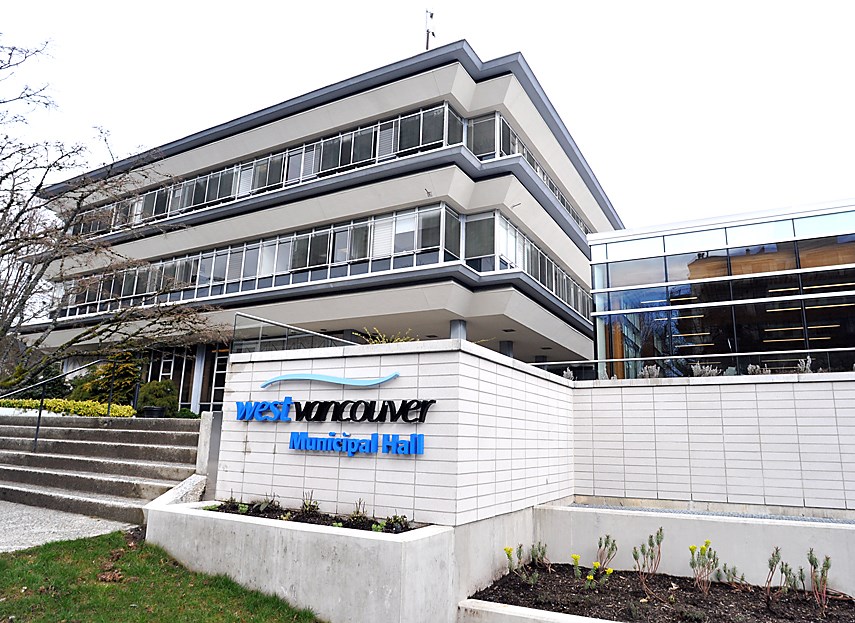West Vancouver residents and business owners can expect a 4.29 per cent increase in their municipal taxes in 2022.
In a series of votes Monday night (Feb. 14), council voted to approve 1.79-per cent increase in the district’s operating budget, a one per cent levy to maintain and replace aging capital assets, and a new 1.5 per cent environmental levy dedicated explicitly to environmental programs.
For the single-family homeowner with a property assessment at the $3.7-million average for the district, that should result in a $280 increase over last year’s municipal tax bill (not including levies for TransLink, Metro Vancouver, utility fees or school taxes, all of which are added to the bill but not directly under council’s purview). For the owners of a strata unit assessed at the $1.6 million West Vancouver average, district finance staff estimate a $123 increase over the 2021 bill for municipal taxes.
Each levy prompted robust debate from council and the votes were not unanimous.
The operating budget includes staffing for new objectives council set out in their strategic plan late last year, but Couns. Marcus Wong and Sharon Thompson both voted against the budget, arguing it should have been lower.
“I think it's a little overzealous in the nice-to-haves versus what we need to have,” Thompson said.
Couns. Bill Soprovich and Craig Cameron sought to raise the asset levy by another 0.5 per cent, citing a $4-million shortfall from the “optimal” funding level needed to prevent the district from falling further behind in its ability to keep its infrastructure functioning.
The majority on council however voted against the extra half per cent. Mayor Mary-Ann Booth said the municipality has been making a lot of progress after years of neglecting infrastructure and added people are experiencing sticker shock of all kinds right now.
“The number one issue in the Lower Mainland right now is cost of living. Everybody's feeling really pressed. And I know that our residents have had the benefit of increases in their equity but… Everything's going up, vehicles, food, utilities.,” she said. “I think we have to be judicious."
Coun. Peter Lambur voted against the 1.5 per cent asset levy, albeit for the opposite reason. He preferred a more aggressive levy of two per cent.
New to the budget is council’s 1.5 per cent environmental levy which will be reserved for climate change response, sustainability, and protecting the district’s natural assets.
Some of the suggested uses from staff included EV charging infrastructure and transitioning to an electric fleet for the district as well as shoreline protection. The district is also planning to hire an environmental manager.
Initially, staff had recommended just a one per cent environmental levy but the majority on council agreed to add an extra half per cent. Soprovich cited the tremendous damage dealt by storms in the last several months and warned future ones would only be worse.
“The fact is that a 1.5 (per cent) levy on the environment is the right thing to do for climate change now, and it's a little bit bolder than what we've experienced in the past, but I think it's the right thing to do.”
Thompson and Lambur both voted against the environmental levy.


